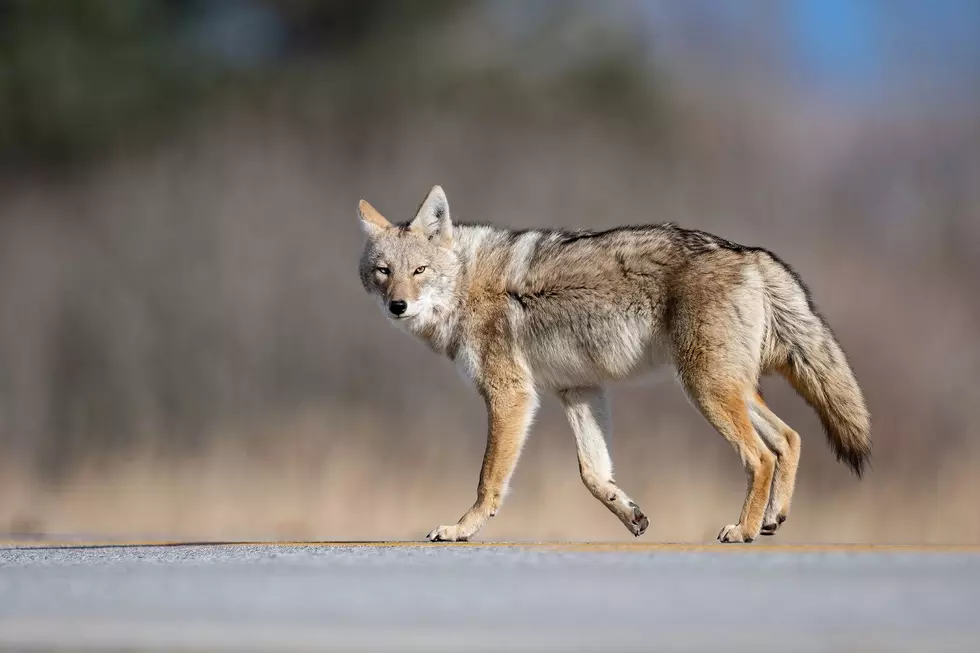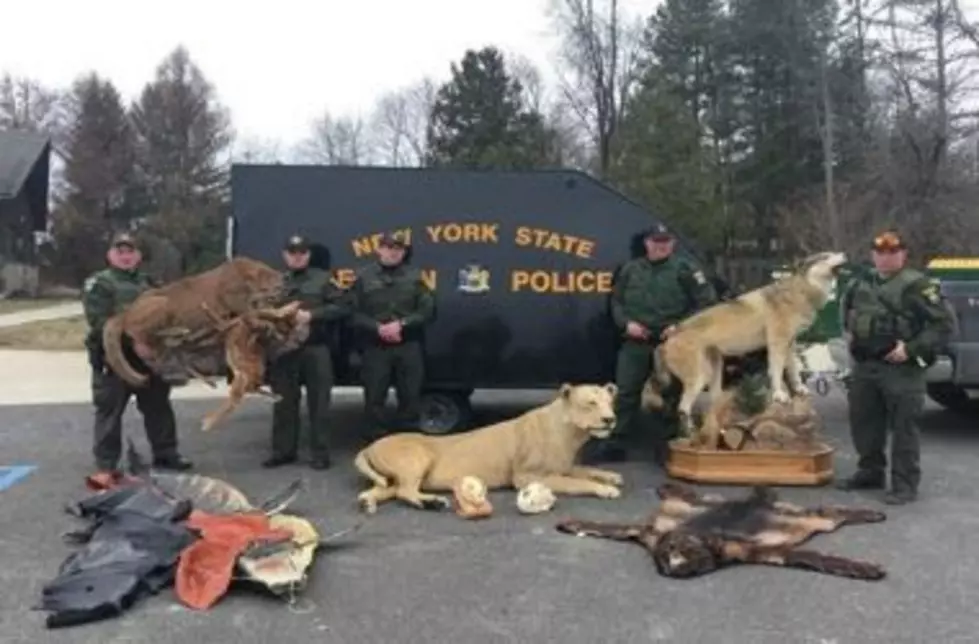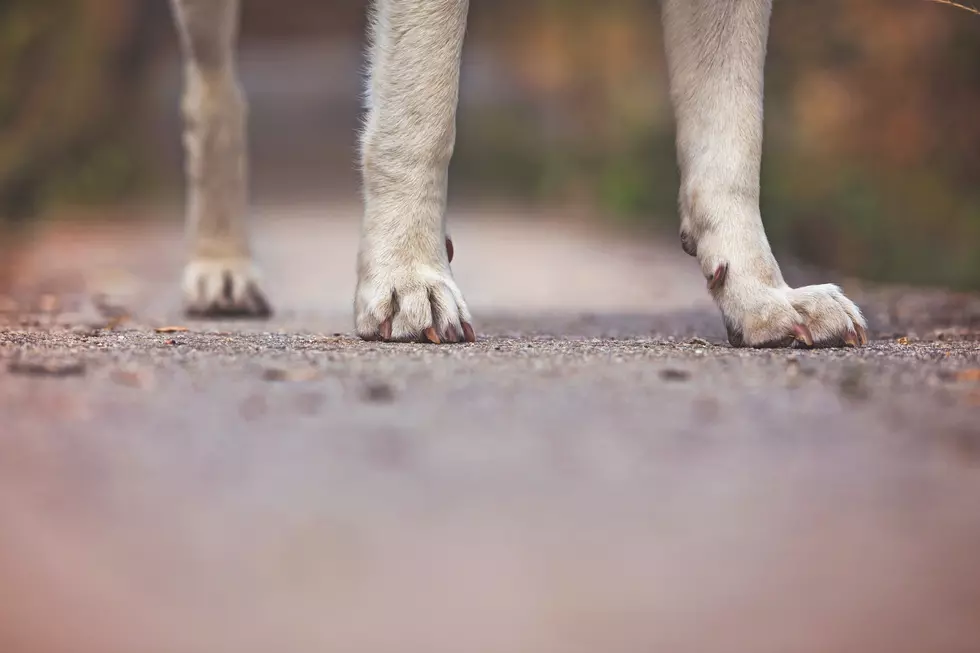
Coywolf Spotted in Lower Hudson Valley, on Palisades Parkway
There are a number of reported sightings of a coyote-wolf hybrid in the lower Hudson Valley, including on the Palisades Parkway.
On Facebook, the Clarkstown Police Department confirmed that a coywolf was spotted Monday morning in Congers.
The eastern coyote, which is also known as a coywolf, live in the northeast, from New Jersey to Maine, according to Clarkstown police.
The coywolf is larger than western coyotes and may pose a threat to pets or humans, CBS reports.
Marko Kos of Chaos Wildlife Solutions confirmed that the animal is in fact a coywolf. He told CBS2’s Brian Conybeare that all eastern coyotes have some wolf DNA due to crossbreeding in the wild.
“The wolf, they have their wildlife tendencies to attack or they’re more curious, so anything that they see, they’re going to follow. They’re going to investigate,” Kos said.
The coywolf was recently spotted by a number of Hudson Valley residents.
Inside the comment section of the Clarkstown Police Department’s warning, Melissa Audige-Perkins and Eileen Thiesing both said they noticed the animal on the Palisades Parkway.
Dolores Paterno wrote she spotted the animal on Old Haverstraw Road. Jonathan Lettre said he saw one on Prowling North Grant Avenue. Helen-Hayes Perkins reported seeing one at Congers Lake and the cemetery at Rockland Lake. Steven Kunis spotted two at the Paramount Country Club in New City, Sunday morning and Cheryl Leach stated one was on Tena Drive in Valley Cottage.
Meanwhile, Sean McCormack told CBS that he believes a coywolf was stalking a woman in Upper Nyack.
“It seemed to be stalking her and kind of followed her back up onto her driveway,” McCormack said. “It looks larger than your average coyote. Very scary, yeah, very scary.”
On Facebook, Clarkstown police posted what to do and not do if you run into coywolf:
- DO chase them away and make noise (bang pots and pans) if you don’t want them in your yard. Of course, if you don’t mind them then watch them from a window quietly as to not scare them away.
- DO make noise when you are outside especially if coyotes are often in your area
- DO NOT feed coyotes or other animals. Even if you are feeding birds (e.g., suet) or other animals (like raccoons) coyotes will be attracted to your yard just like any other animal looking for an easy handout.
- DO NOT feed your pets outside for the same reason as #3.
- Just as importantly, DO NOT let your neighbors feed wildlife. Coyotes travel tremendous distances and a coyote regularly coming to your neighbor’s yard for a free handout will surely pass through your yard to get there. A habituated coyotes is a potential problem coyote.
- Absolutely DO NOT let your cat outside if you are truly concerned with its health. Coyotes are just one of many mortality factors for outdoor cats.
- DO leash your dogs. Although coyotes may follow a leashed dog out of curiosity (to the concern of the person), it is extremely rare for them to actually get within contact of your pet.
- DO try to minimize your conflicts with these creatures by following these simple precautions.
- Teacher From Hudson Valley Found Dead in School Bathroom
- Hudson Valley Lawyer Accused of Sexually Touching Another Woman
- Police Seize over $30,000 Worth of Cocaine During I-87 Stop
- Violent, High-Risk Sex Offender Moves Near Hudson Valley School
- Police: Hudson Valley Teen Sets Fire to Home
- Police: Hudson Valley Couple Snorted Heroin Near Child
Here are this week's Top 5 news stories from the Hudson Valley
More From Hudson Valley Post









